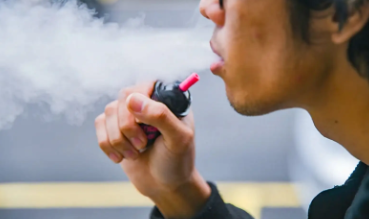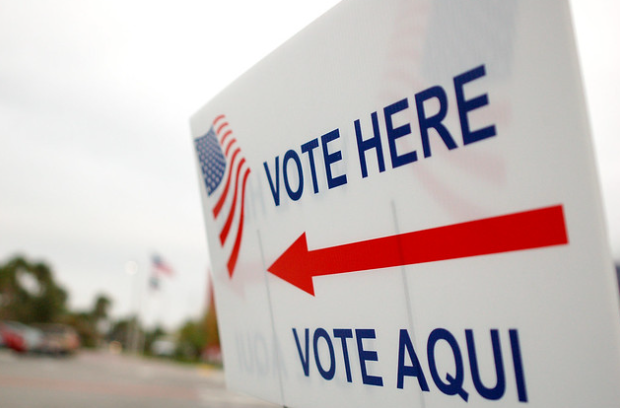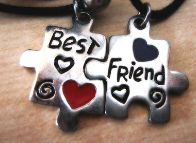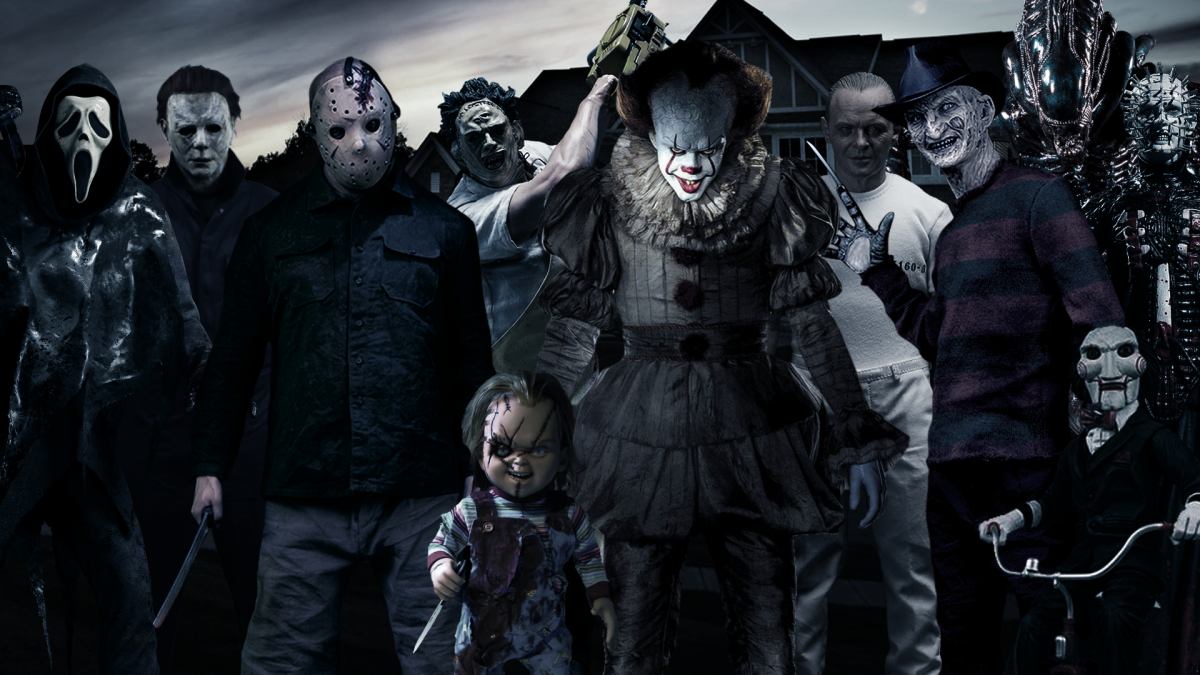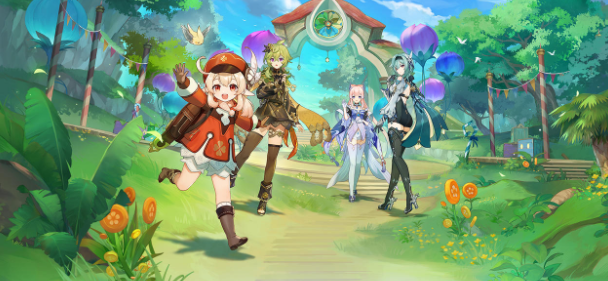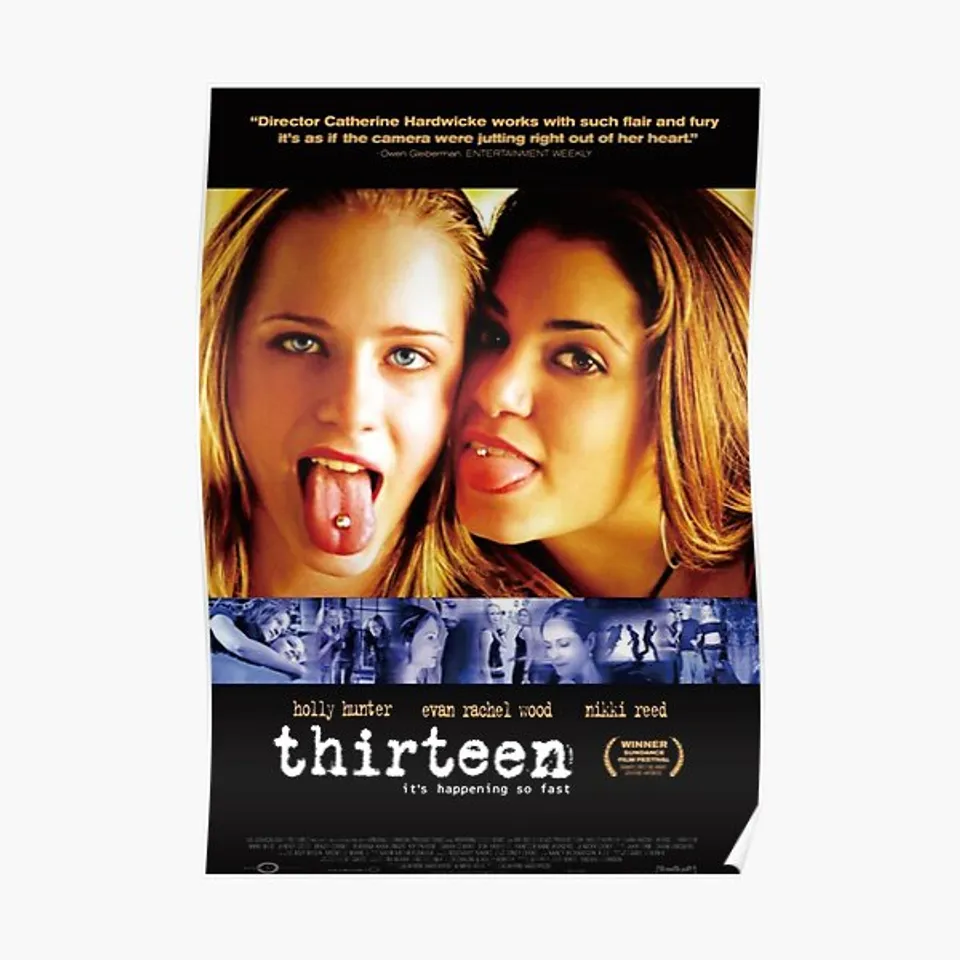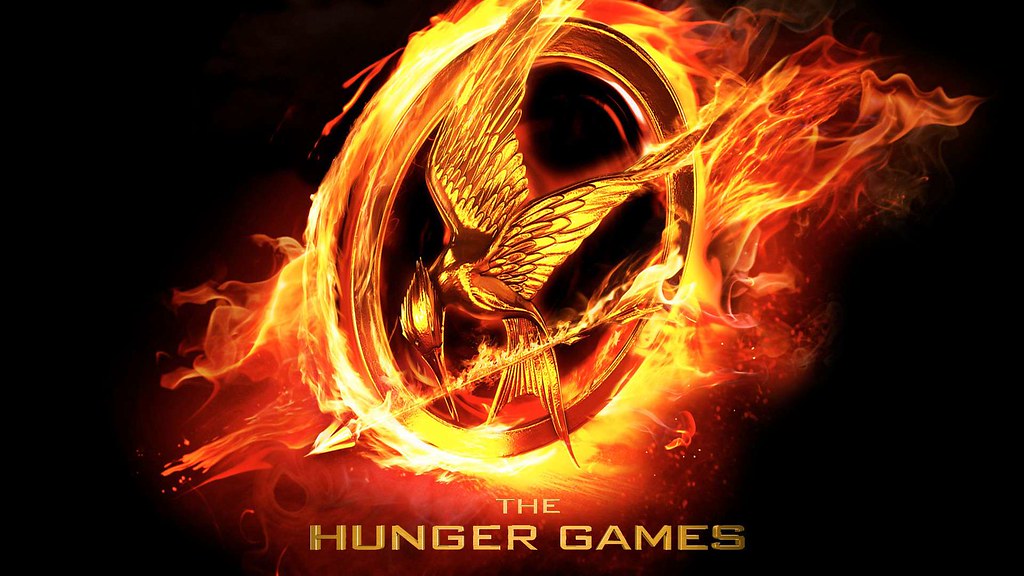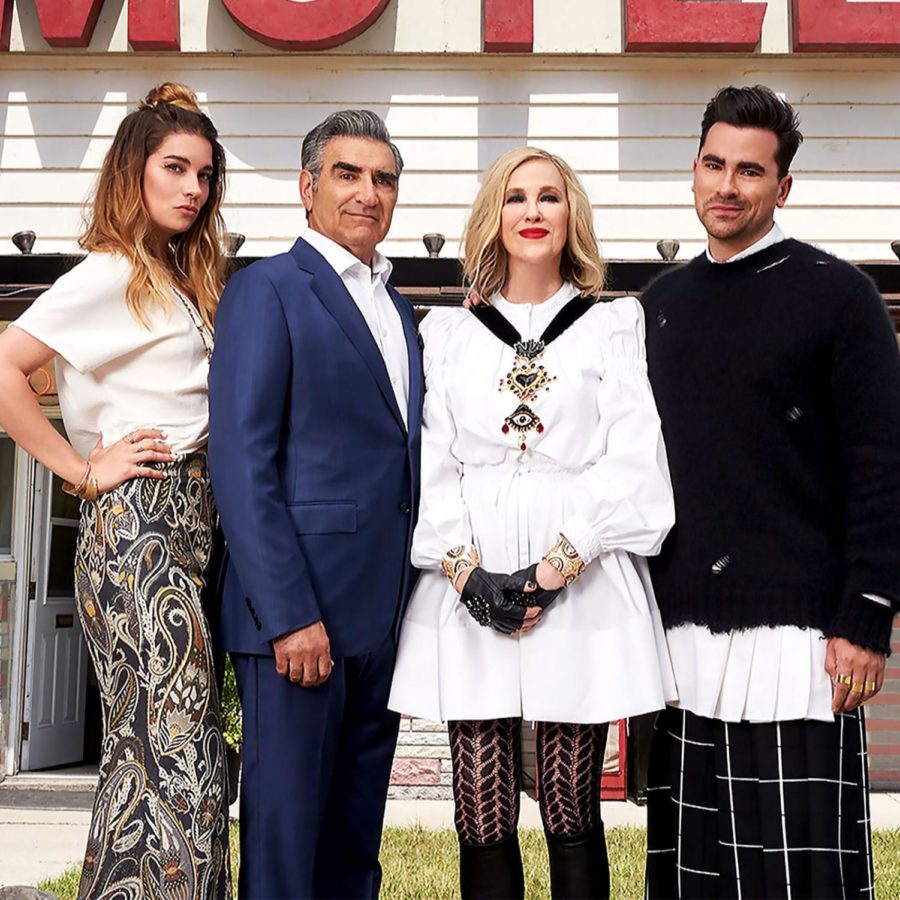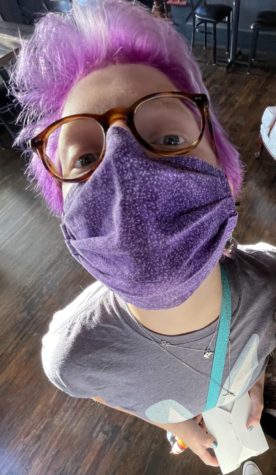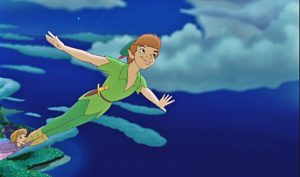“I Like the Wine and Not the Label” and Other Reasons Why I Want to Live in Schitts Creek
October 25, 2021
Schitts Creek has already received an abundant amount of praise for its portrayal of queer characters, queer love stories, and most remarkably as far as contrasts between the real world and the world within the show are concerned, an absence of homophobic antagonists. The sitcom’s normalization of “nontraditional” identities and relationships may have something to do with its Canadian origins, as although the show premiered a full 6 months prior to the federal legalization of gay marriage in the United States it turns out that gay marriage had already been legal in all 13 Canadian provinces and territories since 2005. However, there is no reason for me not to believe that Canada is similar to the US in that its small towns probably contain a more socially conservative population than do its larger cities. Assuming that this belief of mine is accurate, then it should still be noteworthy when residents of a (fictional) podunk little place aren’t remotely judgmental of queer community members.
My absolute favorite scene from the series as a whole happens when a character, who is at the time running for a seat on her city council believes that she will be trying to earn the votes of all of the local lesbians until right before she is to deliver her speech to them. It is at this point that she learns that she is in fact campaigning in front of a crowd of women whose commonality is that they all own businesses. Moira, the character in question, then delivers a speech that references marriage equality and the fact that homosexuality isn’t a choice but in which the word “entrepreneur” is substituted for the word “lesbian.” It is as nonsensical as it is inclusive, and that’s what makes it one of the most wholesome things I’ve ever seen on television.
It’s no secret that Schitts Creek creator Dan Levy is gay, and given that his real-life father and sister worked alongside him throughout all six seasons of a show in which his alter ego falls in love with another man it seems safe to say that he’s fortunate enough to have a family who wants him to be happy more than they want him to be a conformist. Levy’s mother, although she didn’t do anything on-screen on Schitts Creek, has been quite vocal about her feelings about her son in the form of the world’s most wholesome tweet: “Today I regret… wondering how the world was going to treat my brilliant little boy who loved to twirl. Little did I know he was going to… create a brand new [world].” I don’t know if the brand new world she’s referring to is the fictional world within Schitts Creek, which he literally created, or the figurative world in which he lives his real professional and personal life, but I’m choosing to believe she’s referring to both.
I’d hate to dive too deeply into the series’s central love story and inadvertently spoil it along the way. However, I cannot fully express my appreciation for Schitts Creek without describing the coming out element of the protagonist’s love interest’s story arc: His parents find out about his sexuality through someone else, and their immediate response to this information is to ask that someone else, “What did we do wrong?” Of course, the audience assumes that the parental characters are just demonstrating their ignorance and/or disappointment, but before anyone on the screen can correct them the parents in question clarify that they believe that they’ve been bad parents because their son was afraid to come out to them. I have never breathed a deeper sigh of relief in response to a scene in a sitcom.
There’s a strong possibility that by drawing so much attention to the absence of homophobic antagonists in Schitts Creek in this article actually defeats the purpose of Dan Levy’s decision to avoid any and all conflict revolving around outsiders’ opinions of his characters’ sexual orientations. However, as I have unabashedly hopped on the bandwagon that is the Schitts Creek fandom, I feel compelled to proselytize to you all about its greatest and most identifying feature – that utter lack of bigotry. Although I was teased for saying I wanted to live inside Schitts Creek in response to the question of which fantasyland I would most like to inhabit, I stand by my choice, for a place where every single person present is decent and loving, albeit deeply flawed, sounds perfectly fantastical to me.




